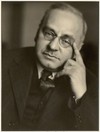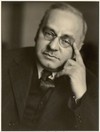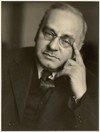Clinical Psychology: Adler's Individual Psychology Flashcards
Adler adopted a ________________ approach that regards behavior as being largely motivated by a person’s future goals rather than determined by past events.
Teleological.

Key concepts in Adler’s Individual Psychology are __________ feelings, striving for _________, style of ______, and social ________.
- Inferiority
- Superiority.
- Life.
- Interests.

According to Adler, a healthy style of life is marked by goals that reflect ________, confidence, and concern about the ____________.
- Optimism
- Welfare of others

According to Adler, a mistaken style of life is characterized by goals reflecting ____________, competitiveness, and striving for personal _________.
- Self-centeredness
- Power

Adler postulates that a person’s style of life is fairly well-established by ______ years of age.
4-5.

Adlerian theory claims that pampered children do not develop ________, while neglected children are dominated by a need for _________.
- Social feelings.
- Revenge.

Adler’s view of maladaptive behavior poses that mental disorders represent a mistaken style of life, characterized by maladaptive attempts to compensate for feelings of _________, a preoccupation with achieving __________, and a lack of __________.
- Inferiority
- Personal power
- Social interest

Adlerian psychologists are collaborative, using “lifestyle investigation” to gather information about a client’s ________ constellation, __________ goals, and “__________” (distorted beliefs and attitudes).
- Family
- Fictional (hidden)
- “Basic mistakes”

STET, or _____________, is based on Adler’s approach and assumes that all behavior is goal-directed and purposeful.
Systematic Training for Effective Teaching.

In STET, the misbehavior of young children is viewed as having one of four goals: attention, ________, revenge, or to display _________.
- Power
- Deficiency



